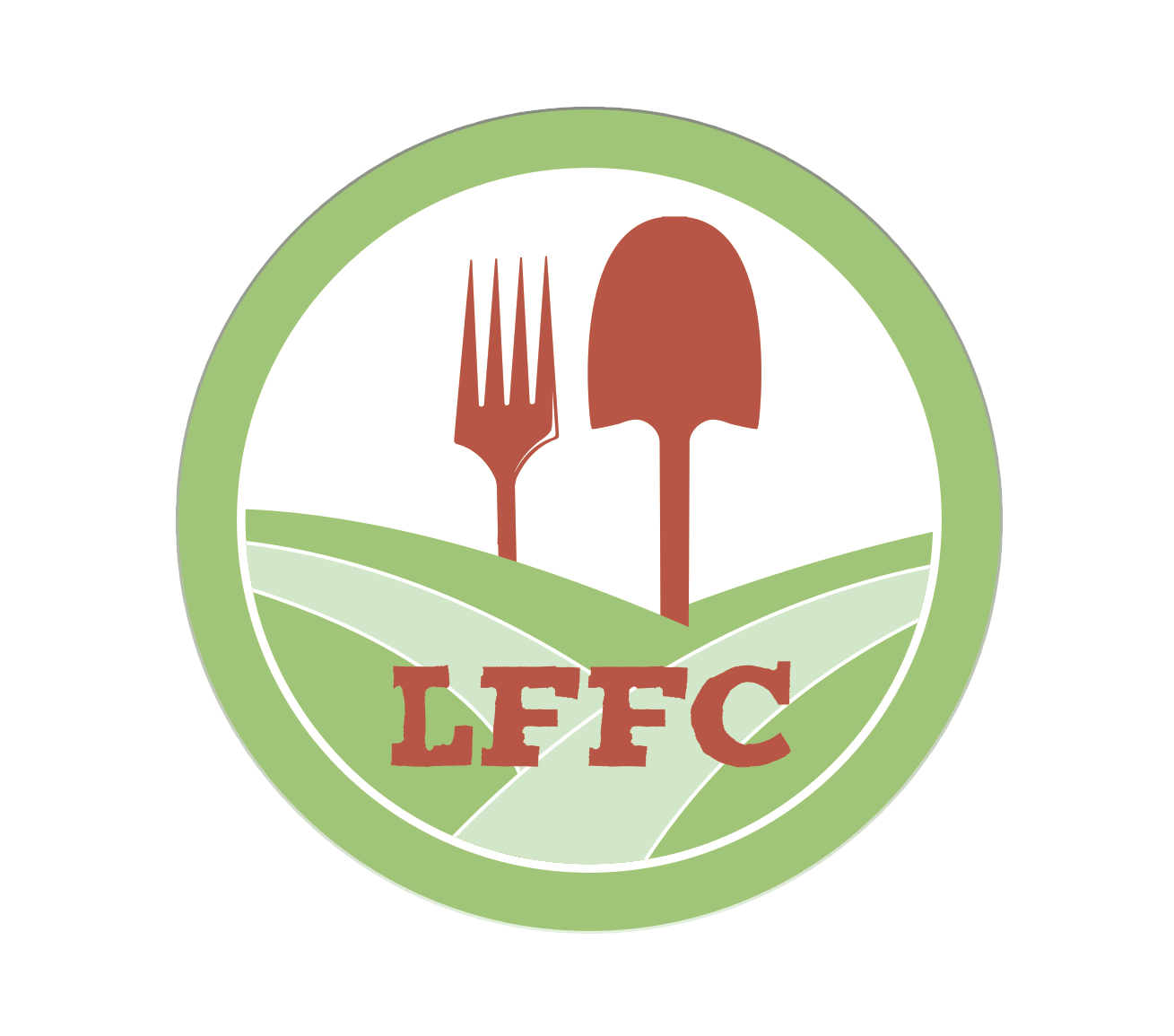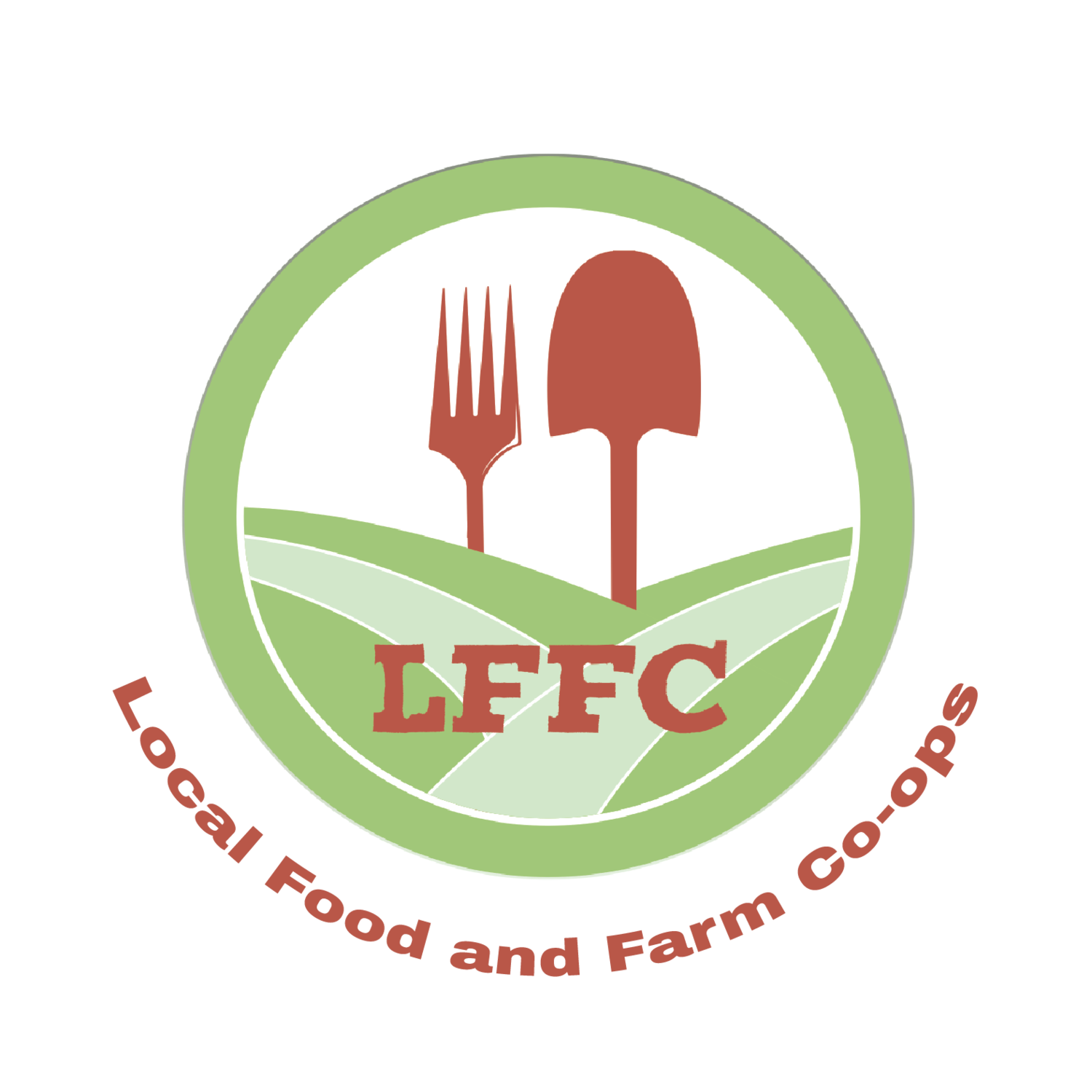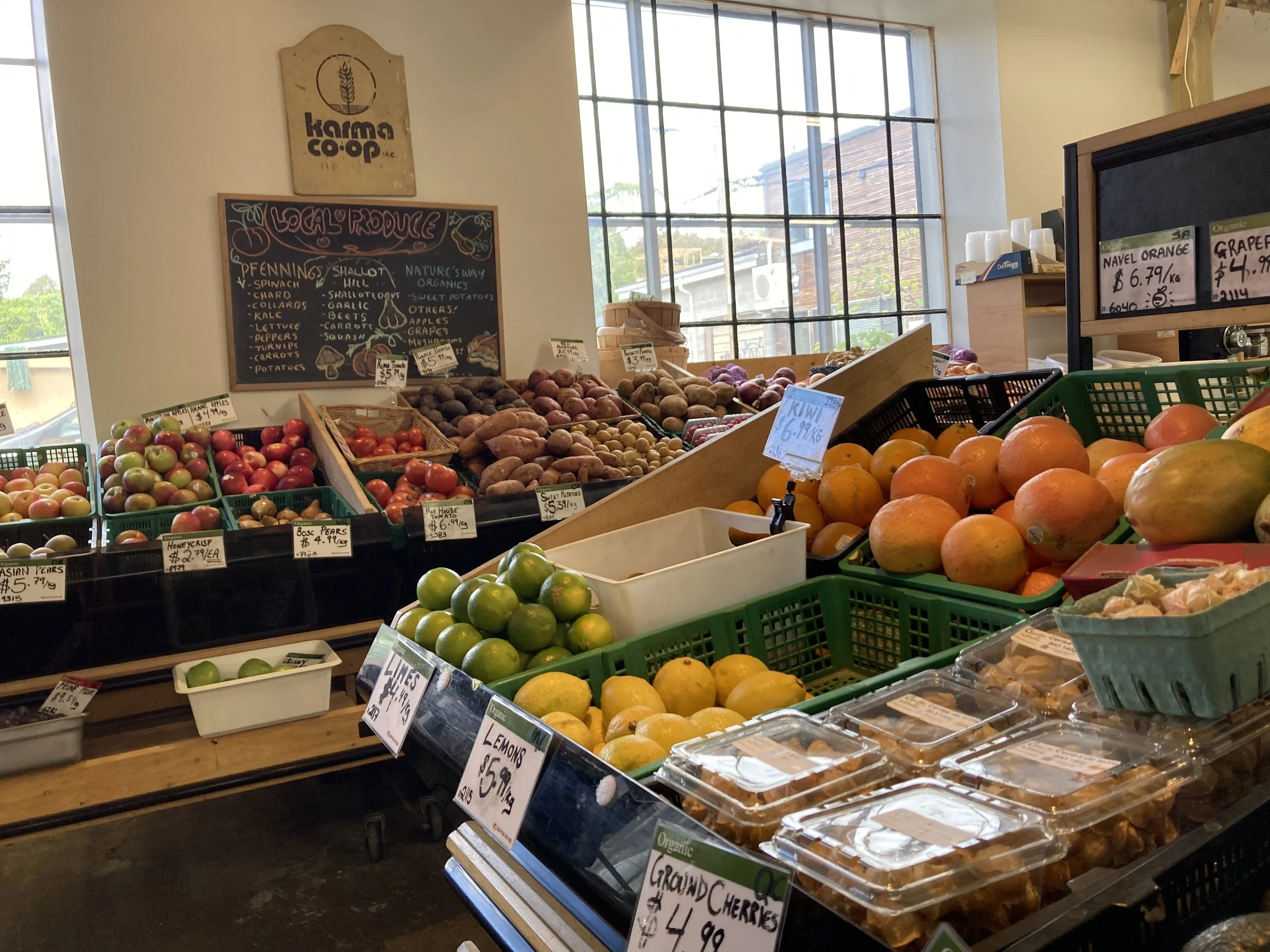
About LFFC
How did we get here?
Our mission is to foster vibrant, resilient, connected, and sustainable food and farm co-operatives in Ontario.
LFFC is an incorporated non-profit co-operative that has provided organizing and development support for food and farming co-operatives and enterprises in Ontario since 2009.
LFFC catalyzed or supported the recent growth of local farms and new collaborations in northern Ontario, including the Northwest Beef Co-op, Black River Co-op, Cafe Meteor co-op development, the Northern Food Distribution Network, Mill Market redevelopment, and Muskoka North Good Food Co-op.
Local food and farm co-ops in Ontario have a significant impact on Ontario's economy, and have been a key tool for community economic development in northern Ontario's local food and agriculture sector, as new farmers enter the area and new markets are established. Ontario's food and farm co-ops provide stable markets for hundreds of regional producers and processors, and support thousands of jobs directly and indirectly. With two and three times multipliers in the local economy, community development through food and farm co-ops has an impact well beyond the co-ops' own revenues.
Mount Wolfe Farm
Farm Collective and CSA, Palgrave ON
LFFC supports food and farm enterprises in benefiting from changes and opportunities in a rapidly changing Canadian foodscape.
AgriTech North
Indoor, year round farm serving Northern communities, Dryden ON
LFFC grew rapidly, and incorporated as a non-profit co-operative in 2017. In 2014, with Ontario Ministry of Agriculture support, LFFC managed the Regional Food Hub Project with business and feasibility planning for four co-op food hubs, two in the north. In 2017, LFFC launched the Co-op Field Schools (training and development for sector co-ops and enterprises), the Peer2Peer Mentoring program and the Trade Routes North Project to develop regional infrastructure for the local food sector in northern Ontario. The programs generated hundreds of online resources and supported enterprises across northern Ontario. LFFC has engaged women leaders, Indigenous and marginalized groups in the sector; an above average number of women and marginalized groups are the owners and operators of new forms of co-operative farming, processing and markets. As new entrepreneurs, the support that LFFC offers through training, mentorship and exchanges among co-ops at different stages is invaluable to their success.
Through mentorships, regional forums, workshops, one on one meetings and planning sessions, the LFFC has also connected with northern communities in the development of a Regional Distribution Centre, including Sioux Lookout and KI. Discussions have been undertaken with Waubetek, NAN, and Red Lake. In 2018, discussions for a food distribution hub in the Aroland area, involving 14 communities, began.
Requests from new communities (remote, Indigenous and Francophone) guided the current planning to expand the demographic and geographic reach of LFFC's successful programs.
Karma Co-op
Retail Grocery Co-op, Toronto
Since LFFC's work began, there has been increasing need for these activities in the north, sometimes stretching LFFC's current resources beyond capacity or forcing opportunities to be missed. In 2018, LFFC completed a "Keys to Success" report to help retail food co-ops manage increasing pressure in an intensely competitive environment, as transnationals compete for grocery share from Canadian grocery corporations, driving prices down, and online sales entice retail customers to armchair shopping. In 2018-2019, LFFC undertook research to track trends and challenges in the current food system, aggregating this material in a report and presentations at the winter Assembly entitled "The State of the Local Food System". 2020 brought about a plethora of new challenges and opportunities as the pandemic impacted local food in every facet, and LFFC supported our members through their various challenges and successes as they navigated how to support their own members.
Our Co-op COVID Resilience webinar series highlighted much of the incredible work and opportunities that some of our members faced and services that our partners offer in support.
Muskoka North Good Food Co-op
Retail grocery co-op and café Muskoka, ON
In 2021, our Annual Assembly: RESILIENCE brought together over 200+ participants and speakers that reached further than ever before in our first online Assembly. We were inspired and learned from speakers from co-ops and food sovereignty initiatives from Indigenous food sovereignty in Coast Salish territory on the West coast to alternative economic social finance models in Nova Scotia on the East coast; from food security in the Yukon to a network of growing worker co-ops working towards Black self-determination in Mississippi.
The research showed challenges across the industry as well as important innovations in a rapidly changing Canadian foodscape. LFFC's mandate provides the infrastructure to support local food and farm enterprises in preparing for and benefiting from these changes and opportunities. In addition, the need for specific collaborative solutions such as the Northern Food Distribution Network, support for new northern farm groups and co-ops, and flexible food hubs or depots for distribution outside urban centres was identified as a significant need, and an important collaborative solution to the various changes underway in the industry.

For our past Annual Reports, view them on our Annual Reports page





